Saloni Mathur’s teaching and research are thoroughly interdisciplinary, located at the intersection between art history and anthropology. Her areas of specialty include the visual cultures of modern South Asia and its diasporas, colonial studies and postcolonial criticism, museum studies in a global frame, and modern and contemporary South Asian art. Professor Mathur has received awards/fellowships from the Creative Capital/Andy Warhol Foundation, the Getty Grant Program, the Clark Art Institute, the Getty Research Institute, the University of California Humanities Research Institute, and the Yale Center for British Art.
Professor Mathur’s most recent book, A Fragile Inheritance: Radical Stakes in Contemporary Indian Art, was published by Duke University Press in 2019, and is now available as a free digital resource as part of an Open Access initiative.
Education
Ph.D. New School for Social Research, 1998
Books
-
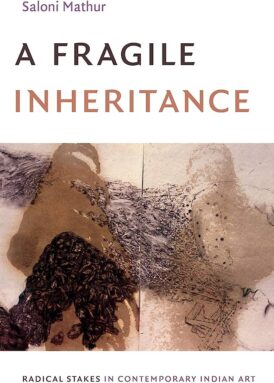
- A Fragile Inheritance: Radical Stakes in Contemporary Indian Art
- Duke University Press, 2019
-
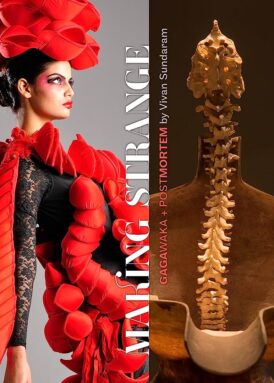
- Gagawaka: Making Strange + Postmortem by Vivan Sundaram
- Fowler Museum at UCLA, 2015
-
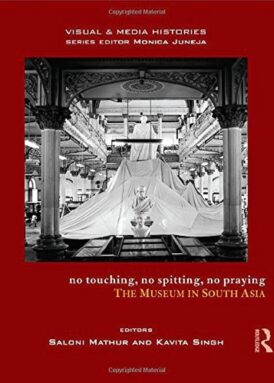
-
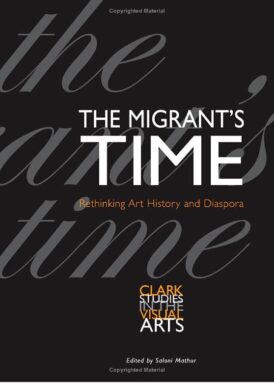
- The Migrant’s Time: Rethinking Art History and Diaspora
- Clark Art Institute/Yale University Press, 2011
-
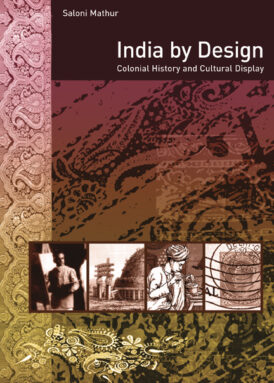
- India by Design: Colonial History and Cultural Display
- University of California Press, 2007
Courses
SELECTED COURSES TAUGHT, UNDERGRADUATE
- Museum Studies (lecture): An introduction to the history and theory of museums and museology through an investigation of modern exhibiting practices, exhibition case studies, and contemporary politics of collecting and display.
- Modern and Contemporary South Asian Art (lecture) : An introduction to the art history of the Indian subcontinent during the twentieth century with attention to developments in painting, sculpture, photography, video, and installation work pre and post-independence in 1947.
- Photography in South Asia: Colonial to Contemporary (seminar): Senior seminar on the evolution of photographic practice in South Asia from the early history of the camera in the colony to the explosion of contemporary video, photography, and digital experimentation in India and Pakistan today.
- Art & Empire (lecture) : An examination of the place of art within ideologies of empire during the period of European expansion into parts of India, Africa, the Middle East, and the Caribbean, and an introduction to some of the key themes in colonial studies and postcolonial criticism.
- Contemporary Art in the Global City (Summer travel study program, London, UK): A four week summer program in London investigating the impact of globalization on contemporary art and the changing institutional form of the museum in relation to the increasing internationalism of the metropolitan art world. See the International Education Office for more information.
SELECTED COURSES TAUGHT, GRADUATE
- Contemporary Art in the World: A Global Itinerary (seminar): An advanced seminar investigating the production, criticism, and display of contemporary art in selected cities and geopolitical contexts around the world.
- Internationalism and Exhibiting (seminar): A study of the relationship between internationalism and the culture of exhibiting with attention to such phenomena as the global mega-museum, blockbuster exhibitions, international biennales, and the changing roles of artists, curators, and criticism.
- Problems in Postcolonial Criticism (seminar): A critical engagement with postcolonial theory through an understanding of the historiographic discussions—from visual and art historical to literary and theoretical—out of which the concerns of postcolonial societies have emerged.
- Seminar in Modern & Contemporary Indian Art (seminar): Advanced reading course focused on seminal works in the art history of twentieth and twenty-first century South Asia.
- Art Historical Theories and Methodologies (core seminar): A critical examination of the history of disciplinary ideas within art history, including studies of theoretical, critical, and methodological approaches to the visual arts from antiquity to present.
